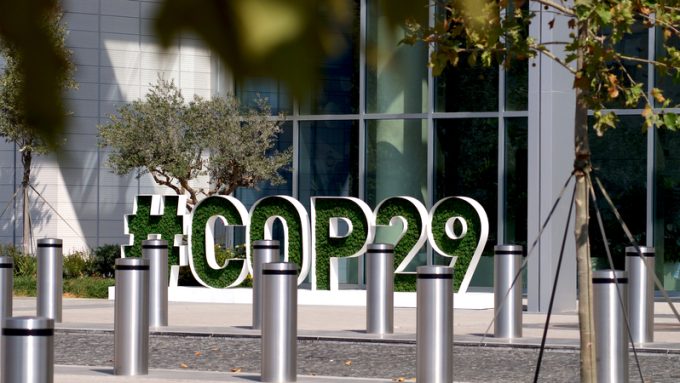Hutchison megadeal reveals dark side of container shipping
What money cannot buy

That COP29’s week in Baku has turned into an embarrassment is impossible to ignore.
Delegates may have set out with the best of intentions for a productive negotiation on climate finance; but were unprepared for the deeply unserious culture-war morass into which they have been subsumed.
Some ...

Comment on this article